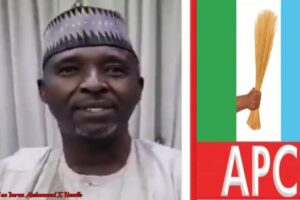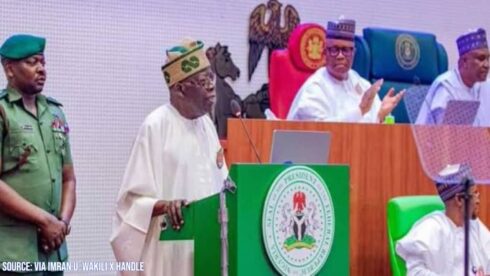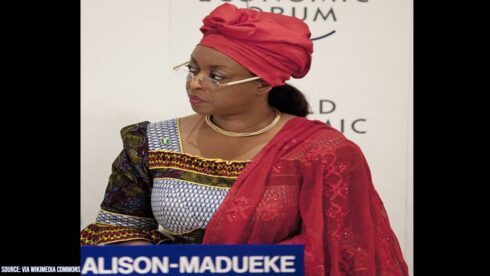The House of Representatives from Nigeria’s North-East region collectively opposed President Bola Ahmed Tinubu’s tax reform bill. This unprecedented move highlights a deepening rift between the executive and lawmakers from this geopolitically strategic region. The bill, aimed at overhauling Nigeria’s tax system, has faced criticism for its perceived inability to address the unique challenges faced by the North-East. Lawmakers argue that the reforms, if implemented, could aggravate the region’s economic struggles, which are already compounded by decades of insurgency, widespread poverty, and underdevelopment.
The House of Representatives, comprising members of the ruling All Progressives Congress (APC) and various opposition parties, have raised concerns about the potential impact on their constituents. They believe the proposed tax measures could disproportionately burden local businesses and households, further stalling economic recovery in the region. This collective opposition signals a growing determination among House of Representatives to prioritize regional interests, even if it means challenging the federal government’s agenda. As the debate intensifies, the rejection of the bill by North-East House of Representatives underscores the need for a more inclusive and region-sensitive approach to tax reform in Nigeria.
The Controversial Tax Reform Bill Explained
President Bola Ahmed Tinubu’s tax reform bill seeks to overhaul Nigeria’s fiscal framework to boost government revenues. The proposal includes widening the tax base, increasing certain levies, and introducing new taxes to fund critical infrastructure and social programs.
While the government claims the reforms are necessary for economic recovery and growth, critics say the measures could exacerbate economic hardship, especially in regions like the North-East, where poverty rates are among the highest in the country. Lawmakers opposing the bill argue that it fails to consider the region’s peculiar economic challenges and lacks provisions to cushion vulnerable populations.
North-East Lawmakers Cite Regional Challenges
The 48 House of Representatives have highlighted the unique socio-economic conditions in the North-East as a primary reason for their opposition. The region has been significantly impacted by a decade-long insurgency, leaving infrastructure in ruins and millions displaced.
According to the House of Representatives, the tax reforms could further stifle local businesses and discourage investment, worsening unemployment and economic stagnation. They have called for a more nuanced approach that factors in regional disparities and provides targeted relief for vulnerable communities.
Rift Signals Broader Political Tensions
The rejection of the tax reform bill by North-East House of Representatives points to a broader political tension within the Tinubu administration. Despite belonging to the same party, many APC lawmakers from the region are aligning with opposition voices to challenge the presidency’s policy agenda.
Analysts believe this divide reflects growing frustration among House of Representatives who feel their regions are marginalized in national policymaking. The move could also signal the beginning of a more assertive legislative pushback against the executive branch, potentially impacting other policy initiatives.
Public Reaction: Mixed Feelings Across Nigeria
The public response to the tax reform bill and its rejection by North-East representatives has been mixed. While some Nigerians praise the lawmakers for defending their region’s interests, others view the move as politically motivated and detrimental to national development.
Civil society organizations have weighed in, urging the federal government and lawmakers to find a middle ground. They argue that while tax reforms are essential, they must be implemented in a manner that does not exacerbate existing inequalities or push more Nigerians into poverty.
Next Steps: Awaiting Legislative Resolution
With the bill now facing significant opposition, the next steps remain uncertain. The House of Representatives is expected to deliberate on the bill in the coming weeks, with the potential for amendments to address the concerns raised by the North-East caucus.
Meanwhile, President Bola Ahmed Tinubu’s administration has begun reaching out to stakeholders to secure support for the reforms. The outcome of these negotiations will likely determine the fate of the tax reform bill and set the tone for executive-legislative relations in the months to come.
Table of Contents
Discover more from OGM News NG
Subscribe to get the latest posts sent to your email.














